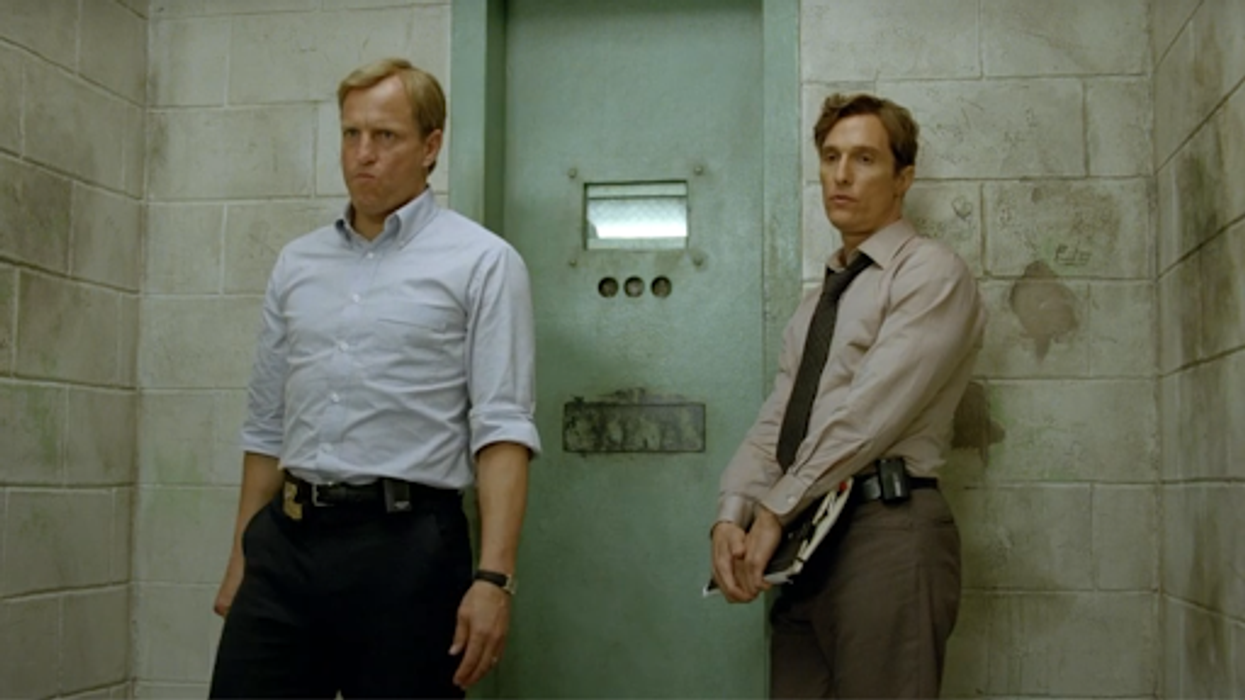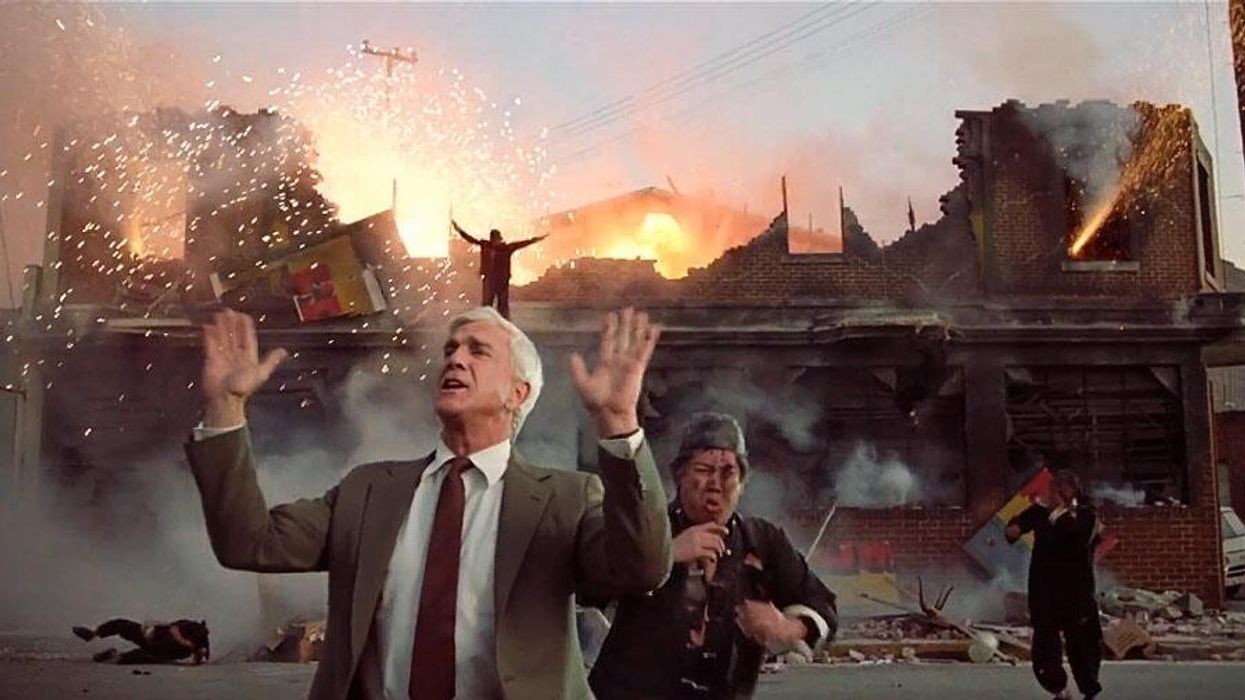How 'True Detective' Portrayed Realistic Characters?
True Detective burst onto the scene with characters who felt like real cops and real people. How can you recreate the same magic in your own writing? We have some ideas.

One of the best new television shows in the 2010s was HBO's True Detective. It was part of the resurgence of anthology series and part of the Matthew McConaughey comeback that made him one of the most popular actors in Hollywood.
This was one of the first times two certified movie stars did a TV show that was serious, deep, and felt like it had an energy behind it that shook up a boring genre.
Even though the following seasons were less popular, the first season will be remembered for the way it created realistic dialogue and characters that never felt like the story was meandering or boring. So today, let's dig deep into the show creator, Nic Pizzolatto's advice for writers and how he worked on all the aspects of the show.
Check out this video from Behind the Curtain.
Portraying Realistic Characters
Did you watch the video? If so, then you know the idea for the TV show came as a fix. As Pizzolatto says, no one was going to let him make a TV show about two men talking. So he added a murder. When you add genre, you can take a look at tropes and dissect them as they go.
So how can you figure out a way to add realism to your characters?
The secret is in the depth of what they talk about. These are guys who are debating some of the most important philosophical choices of our time. But what if you don't care about Sarte? What if you want characters to get more REAL? The secret is in the genre tropes.
Realism Inside Genre
The real secret behind True Detective is how it leaned into the genre tropes of what a cop and mystery project, and then used those tropes to inform something else.
If you figure out the genre of your project and the expectations behind it, you can subvert what the audience expects. That subversion allows you to play with the way someone would REALLY behave in that situation.
Think about Die Hard. John McClane (Bruce Willis) is a normal person. When bad things happen...he tries to call the cops. This subversion makes us like John more. He's not just a hero who does things, he's a regular guy with a gun who is forced to do things by his circumstances.
Or what about the subversions in 22 Jump Street. They drive the movie, but also allow us to hear more jokes and a really cutting buddy drama that lies under the surface.
So when you set out to write the next thing, really study the genre. Look for the places where you can flip the tropes. Where you can insert how a real person might react to these situations. That's how to beat the system.
What's next? Learn character development!
There are lots of terms thrown around when you try to write a character in a screenplay. But what sets character development apart from the pack and why is it crucial to story?
Keep reading and writing!











